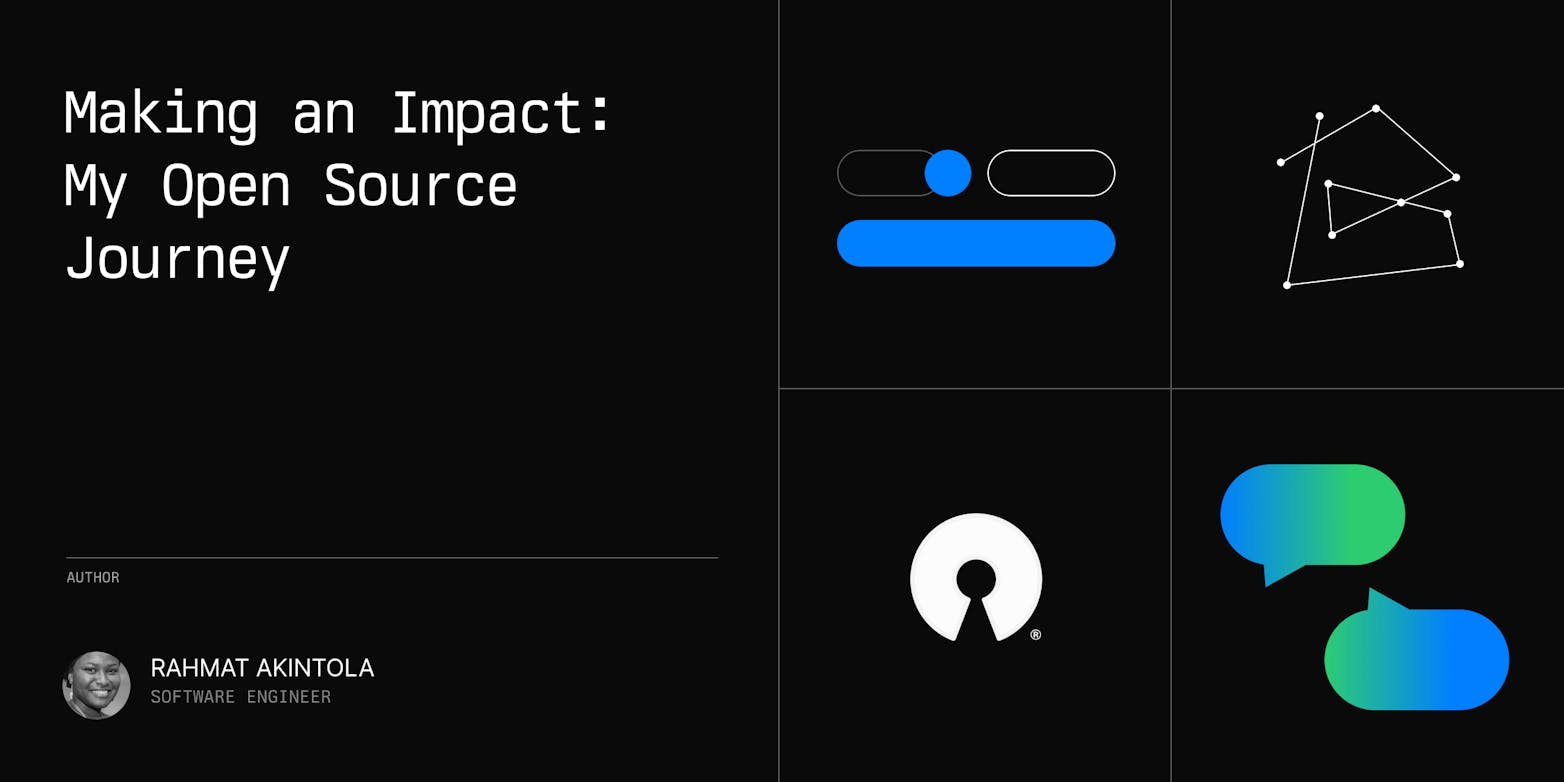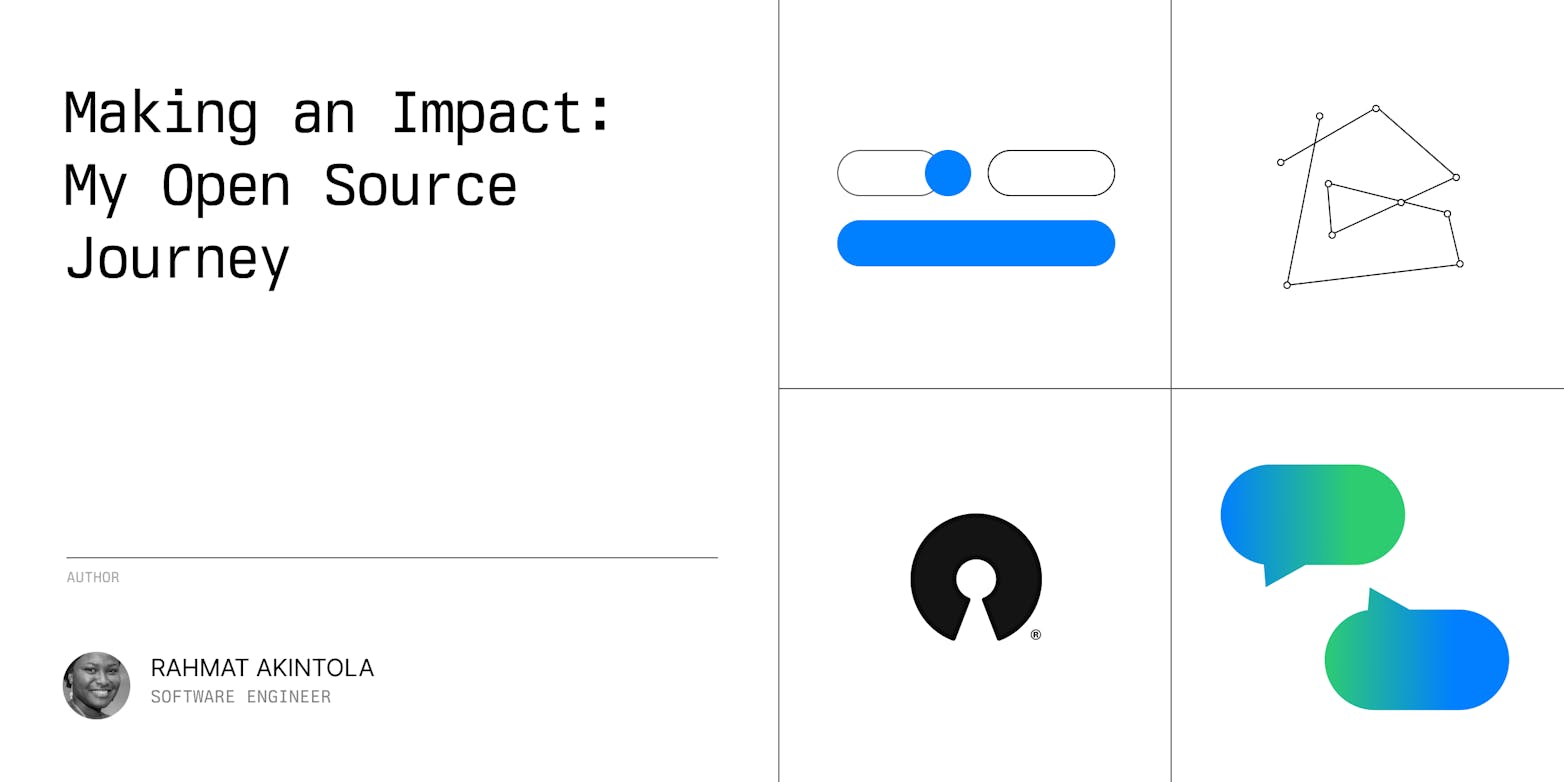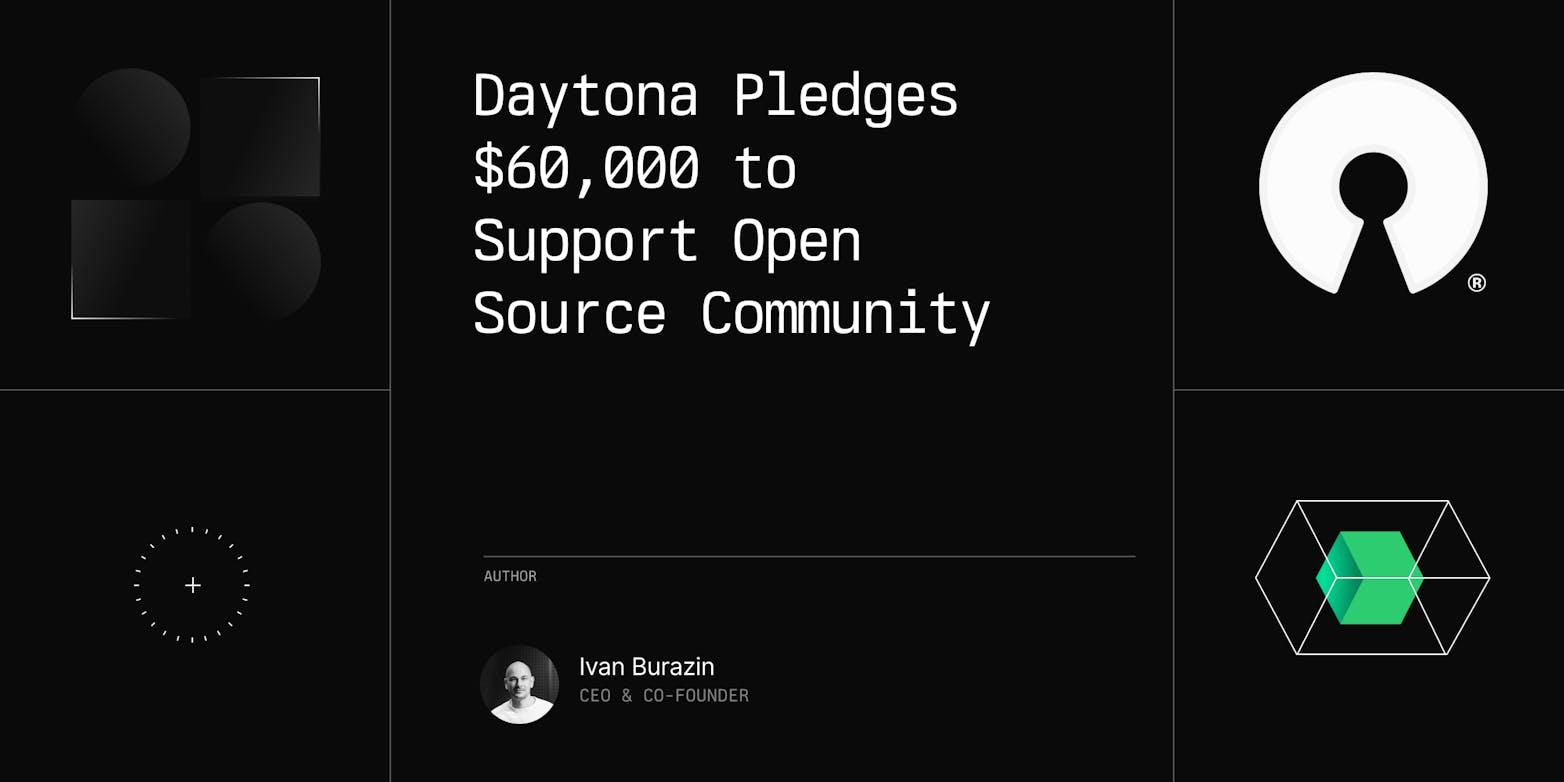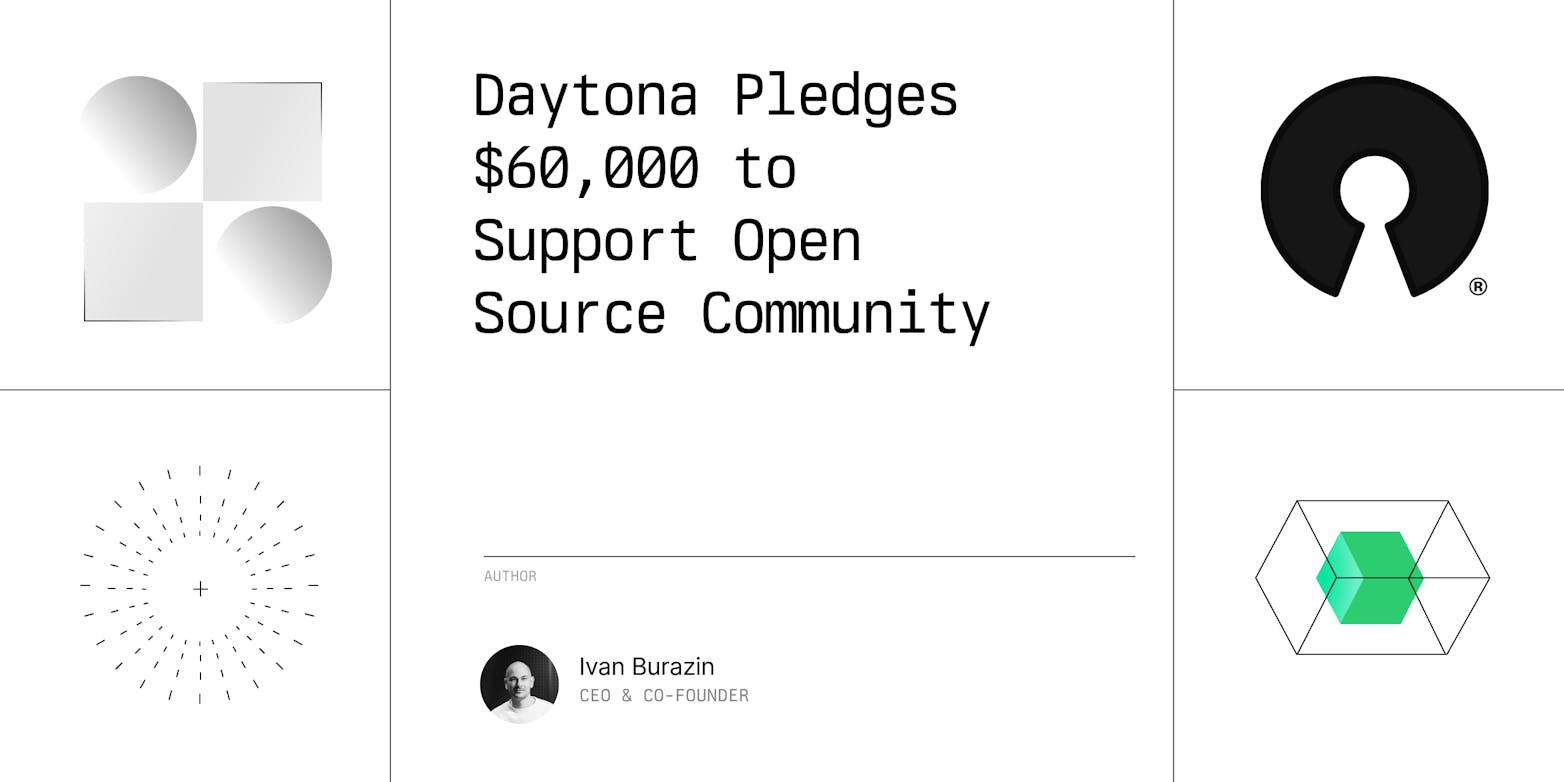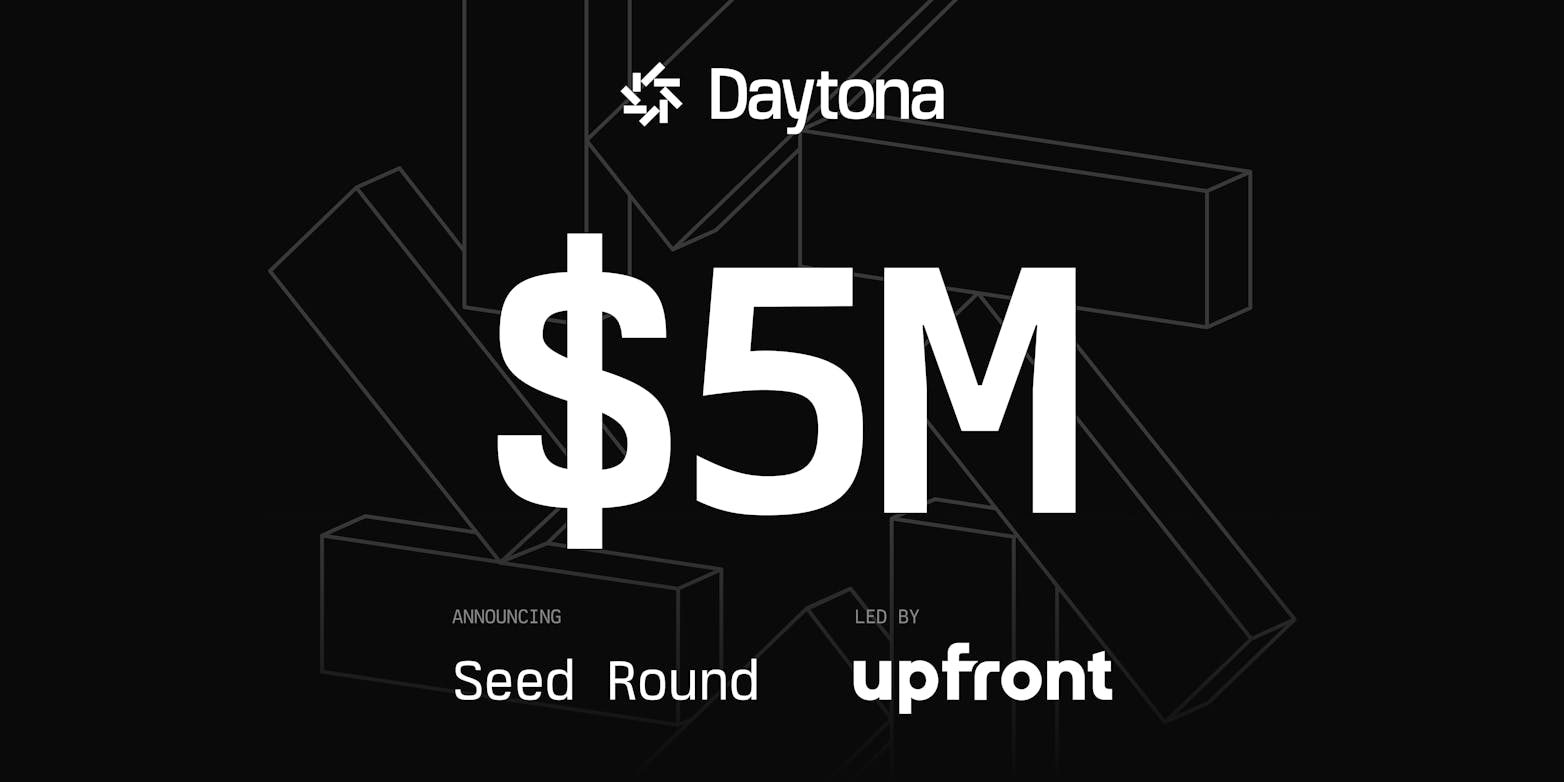We sat down with Luke Kanies, the founder of Puppet and a key figure in the DevOps revolution, to discuss open source strategy and its impact on startups.
Luke shares his experiences and insights, offering valuable perspective for entrepreneurs considering the open source path. As an investor in Daytona, Luke's thoughts are particularly relevant to our journey and the broader developer tools ecosystem.
Open source is inherently challenging because starting a business is difficult, and open source adds another layer of complexity.
Luke Kanies
TL;DR
Luke Kanies discusses the complexities and strategies of open source for startups.
Open source adds complexity to business and licensing choices impact partnerships.
Balance free and paid features to avoid monetization issues.
Gather feedback to determine if open source is necessary for your market.
From Bootstrap to Exit: The Puppet Journey
Ivan: Luke, thank you for joining us today. Before we dive in, I'd like to mention that you're an investor in Daytona. We're excited to share your insights with our community. Can you give us an overview of your entrepreneurial journey with Puppet?
Luke: Happy to be here, Ivan. Yes, I'm glad to be involved with Daytona as an investor. As for my journey, I founded Puppet in 2005 and bootstrapped it for four and a half years before raising venture capital. Over the next seven years, we raised $87 million across five rounds, growing to 500 employees and over $50 million in revenue. In 2016, I stepped down as CEO, which is a common trajectory for founder-led companies at that stage.
Ivan: What came after Puppet?
Luke: In 2018, I launched Clickety, but unfortunately, we had to shut it down in 2021 due to some health issues I was facing. Since then, I've been focused on recovery and reflection after a decade of intense work.
Open Source Licensing: Navigating the AGPL Challenge
Ivan: Let's dive into open source strategy. What are your thoughts on the AGPL license?
Luke: The AGPL is extremely restrictive, which can be problematic for many companies. At Puppet, we initially used the GPL but quickly realized it was hindering potential partnerships. We had to switch to the Apache license to alleviate these concerns. It's crucial to consider how your license choice might impact your business relationships and adoption.
The Open Core Balancing Act
Ivan: What about the open core model? Is it a viable strategy for startups?
Luke: Open core can be effective, but it's challenging to execute well. The key is finding the right balance between your open source offering and your commercial product. Your open source component should be valuable enough to drive adoption, but not so comprehensive that it eliminates the need for your paid offerings. It's a delicate balance that many companies struggle to achieve.
The biggest mistake is giving too much away, which makes it difficult to develop a commercial product later on.
Luke Kanies
Common Pitfalls in Open Source Strategy
Ivan: What's the biggest mistake you see companies make when going open source?
Luke: A common pitfall is giving away too much functionality for free. This can make it extremely difficult to monetize later on. I've seen companies struggle for years to find the right balance between their open source and commercial products. Sensu, for example, faced significant challenges in monetizing after offering a very feature-rich open source product.
Designing a Clear Upgrade Path
Ivan: How can companies avoid this trap?
Luke: It's crucial to design a clear and compelling upgrade path from your open source product to your commercial offering. The transition should be smooth and logical for users. If customers find themselves weighing the cost of your commercial product against hiring engineers to maintain the open source version, you've likely given away too much.
The "Lightning Strike" Theory of Open Source Success
Ivan: You've mentioned that for open source to work, lightning needs to strike twice. Can you elaborate?
Luke: Absolutely. First, your open source project needs to gain significant adoption and community traction. This alone is challenging. Second, you need to develop a commercial product that provides clear, substantial value beyond the open source offering. If you can't confidently say your product is at least 10 times better than doing nothing and 2-5 times better than the competition, you might want to reconsider your strategy.
Reconsidering the Open Source Imperative
Ivan: You've shared some surprising insights. Any other perspectives that might challenge common assumptions?
Luke: Here's something to consider: many successful product-led growth companies aren't open source. AWS, Heroku, and numerous other tech giants built their businesses without open-sourcing their core products. It's important for entrepreneurs to critically evaluate whether open source is truly necessary for their specific business model and market.
Gathering Customer Insights
Ivan: What advice do you have for entrepreneurs still unsure about pursuing an open source strategy?
Luke: I recommend becoming a "no" collector. Systematically gather reasons why potential customers decline your product. If a significant portion of those rejections are due to your product not being open source, then it's worth considering. However, don't stop at surface-level feedback. Dig deeper to understand exactly what aspects of your product need to be open source and why. This insight can help you make a more informed decision about your open source strategy.
Conclusion: A Nuanced Approach to Open Source
Ivan: Any final thoughts for our readers, Luke?
Luke: Don't pursue an open source strategy simply because it's trendy or seems like a shortcut to adoption. It's a complex decision that can have far-reaching implications for your business. Let your customers and market realities be your guide. Listen carefully to their needs, analyze their objections, and make an informed decision based on your specific circumstances. Remember, open source can be a powerful tool, but it's not the right answer for every business.
Ivan: Luke, thank you for sharing your insights and experiences with us. Your perspective offers valuable guidance for entrepreneurs navigating the complexities of open source strategy.
Luke: My pleasure. I hope this helps entrepreneurs make more informed decisions about their product and business strategies.
It's all about setting clear rules and keeping everyone in the loop.
Luke Kanies





